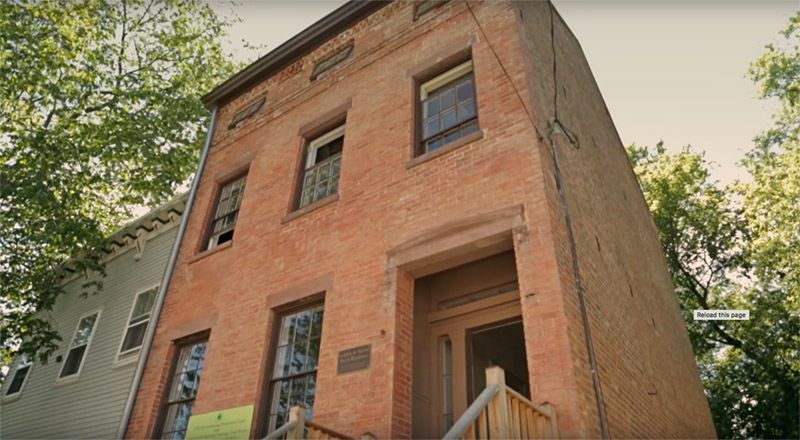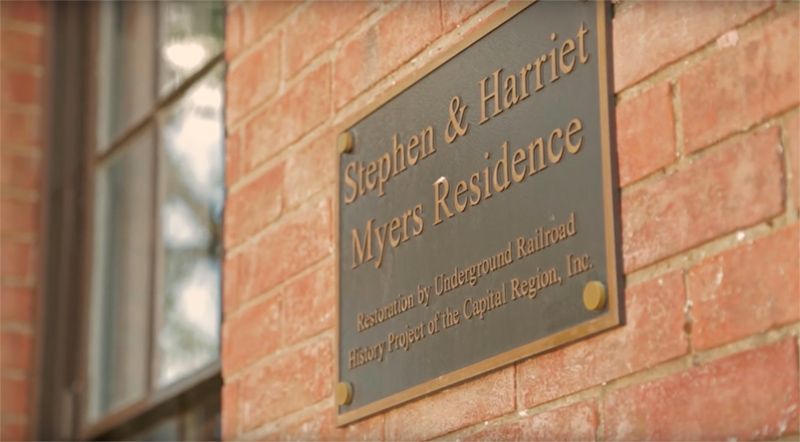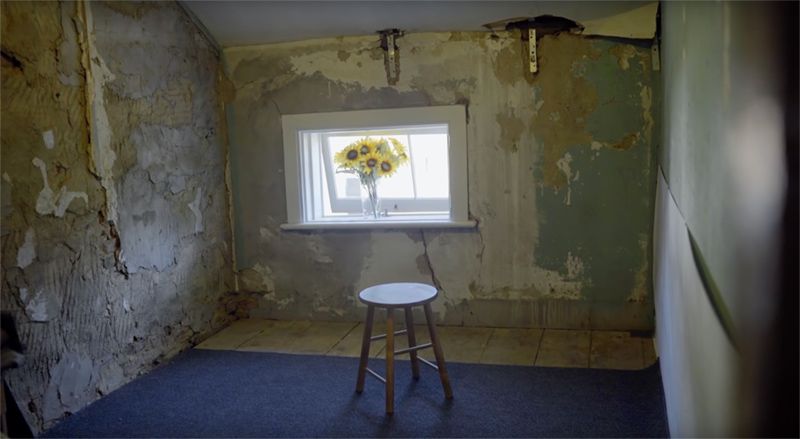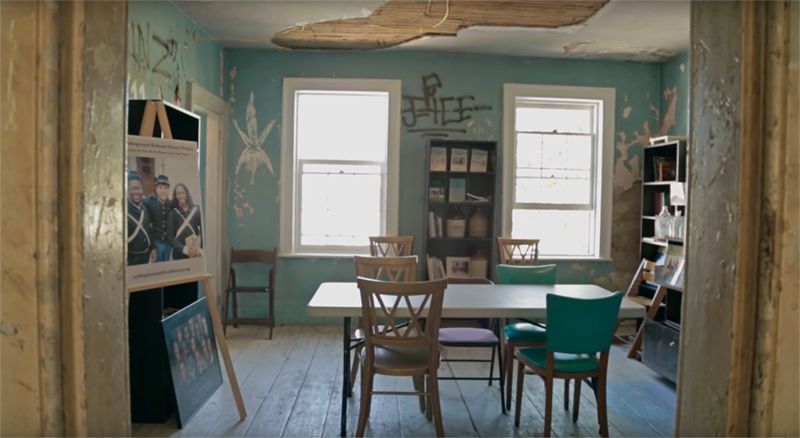Last-Minute NYC Holiday Gift Guide 🎁
We’ve created a holiday gift guide with presents for the intrepid New Yorker that should arrive just in time—



Image via “We Are NY” video by the New York State Office of Parks, Recreation and Historic Preservation
Described as a “cornerstone of American historic preservation,” the National Historic Preservation Act of 1966 recently celebrated its 50th anniversary in 2016. In honor of the event, the New York State Office of Parks, Recreation and Historic Preservation created the “We Are NY” video series, shedding light on several historic places that embody the cultural heritage of New York, and the emotional ties locals have to such sites.
The series is comprised of several short videos, including one focused on the Underground Railroad History Project of the Capital Region (URHPCR), a non-profit organization that is preserving the history of anti-slavery and Underground Railroad movements.
Prior to the Civil War, the Capital Region of New York State was visited by thousands of fugitives seeking freedom and refuge. “There’s something about this place that’s transformative,” says Mary Liz Stewart, the Co-founder of URHPCR, “It allows us to touch the past, to learn about it, to engage with it, to interact with it…”

Image via “We Are NY” video by the New York State Office of Parks, Recreation and Historic Preservation
One important site noted in the video is the Stephen and Harriet Myers Residence, which was discovered just outside the region’s historic district. Located at 194 Livingston Avenue in Albany, New York, the townhouse served as a stop on the Underground Railroad and as an anti-slavery meeting place. The URHPCR website notes that Stephen and Harriet were the “point people in Albany” regarding the Underground Railroad in the 1850’s, and a Vigilance Committee Flier in addition to other historic records were discovered in association with the site.
Throughout the mid-nineteenth century, Stephen and Harriet lived in several buildings in Arbor Hill, but this historic residence is the only one still standing. The house was saved from demolition during a period of urban renewal in the 1970’s, and was later purchased by URHPCR in 2004. Restoration work commenced four years later, funded largely by grants and contributions, which totaled more than $800,000 to date.
Although currently in a unfinished state of rehabilitation, the house now serves as a historic house museum open to the public. URHPCR ultimately hopes to bring the residence back to what it was in the 1850’s so that visitors can continue to learn and celebrate the history of the Underground Railroad. To learn more, click here.

Image via “We Are NY” video by the New York State Office of Parks, Recreation and Historic Preservation

Interior shots of the Stephen and Harriet Myers residence. Image via “We Are NY” video by the New York State Office of Parks, Recreation and Historic Preservation
In addition to the Myers Residence and the Capital Region, some other locations presented as part of “We Are NY” video series include Rock Island Lighthouse State Park, Elmwood Village and The Stonewall Inn, the site of violent protests that took place on June 28th, 1969, which eventually became a symbol of the LGBTG rights movement:
Next, check out 10 Stops on the Underground Railroad in NYC and 13th Street Repertory Company in an Underground Railroad Townhouse in Greenwich Village.
Subscribe to our newsletter